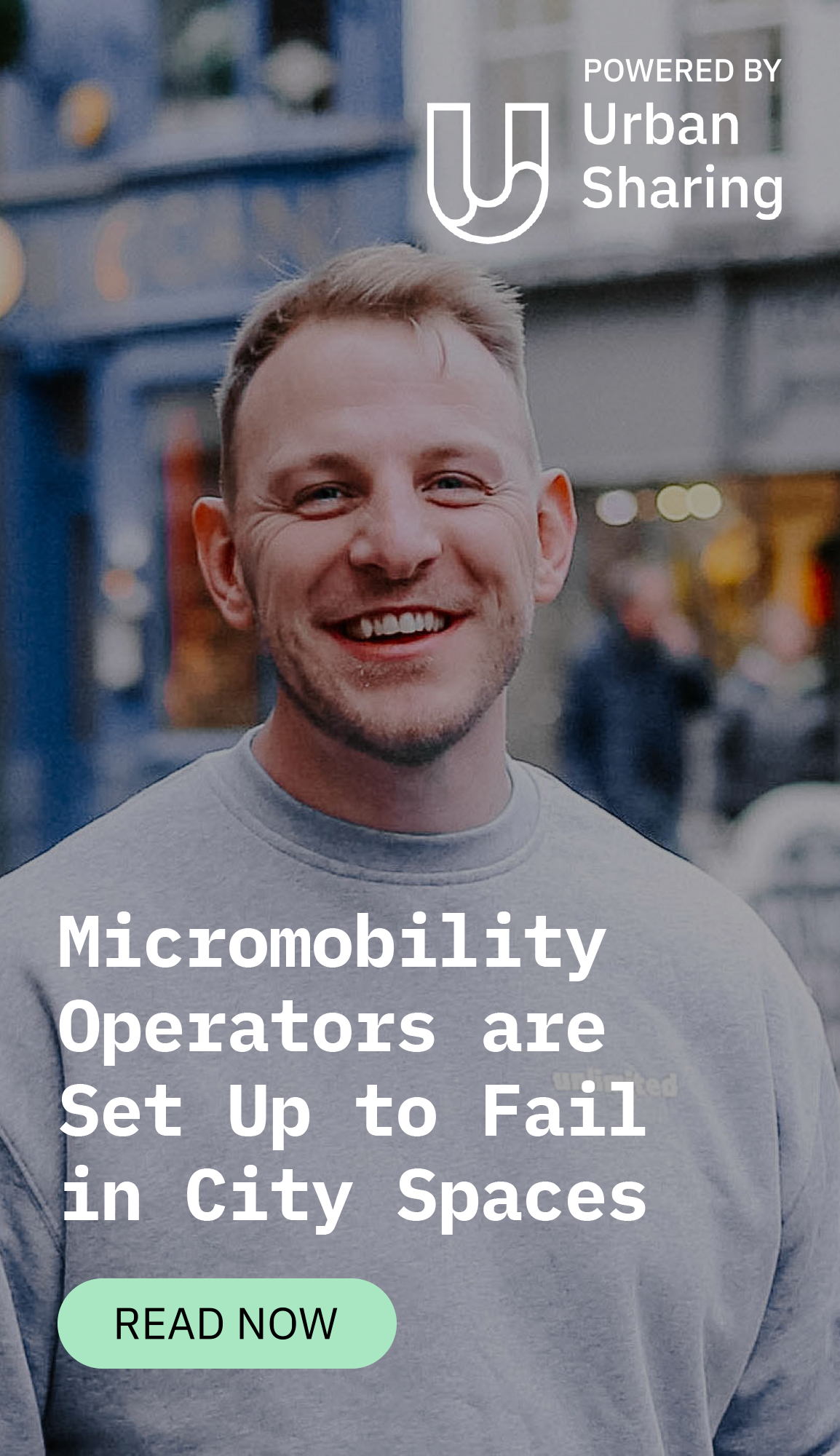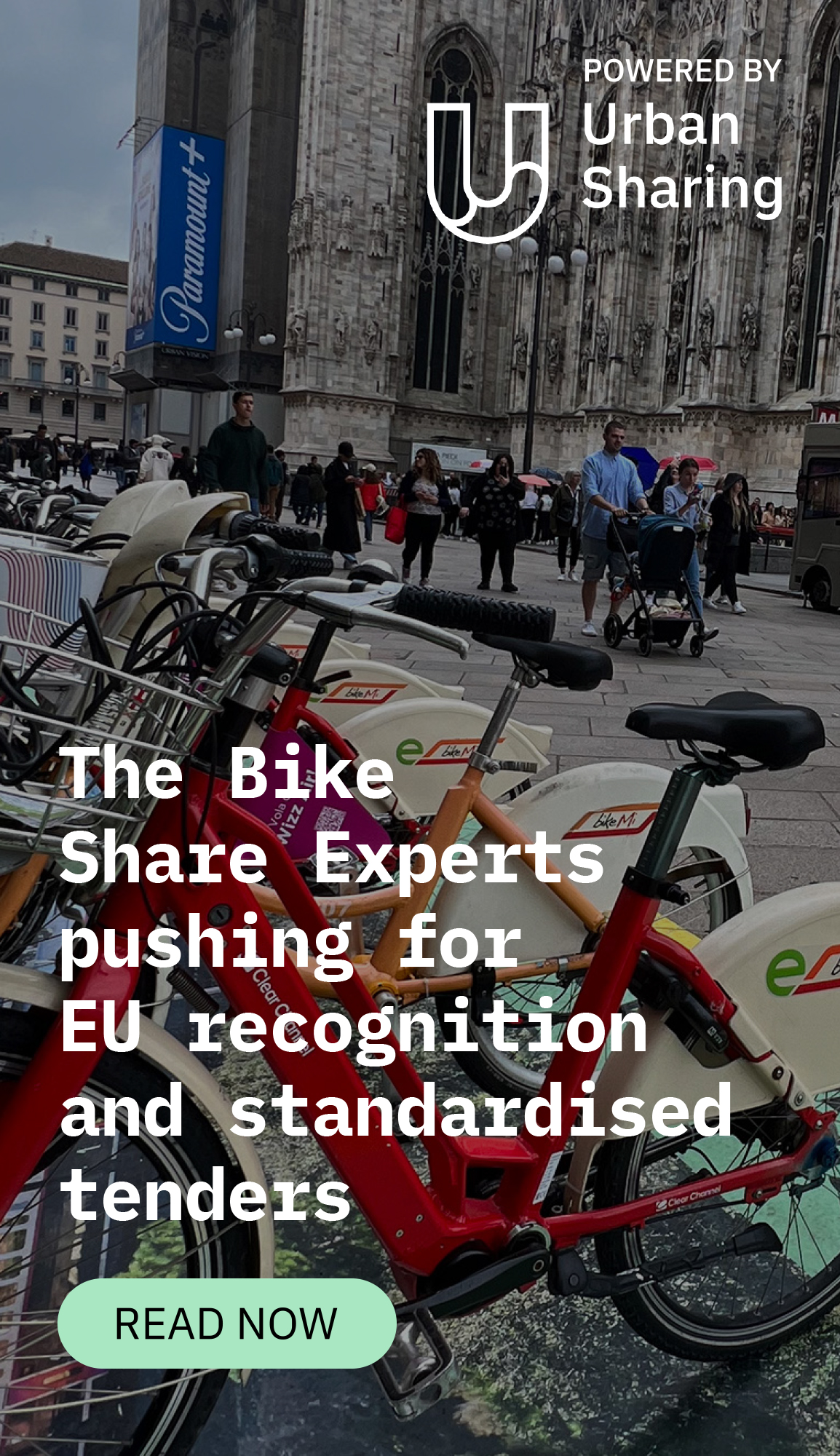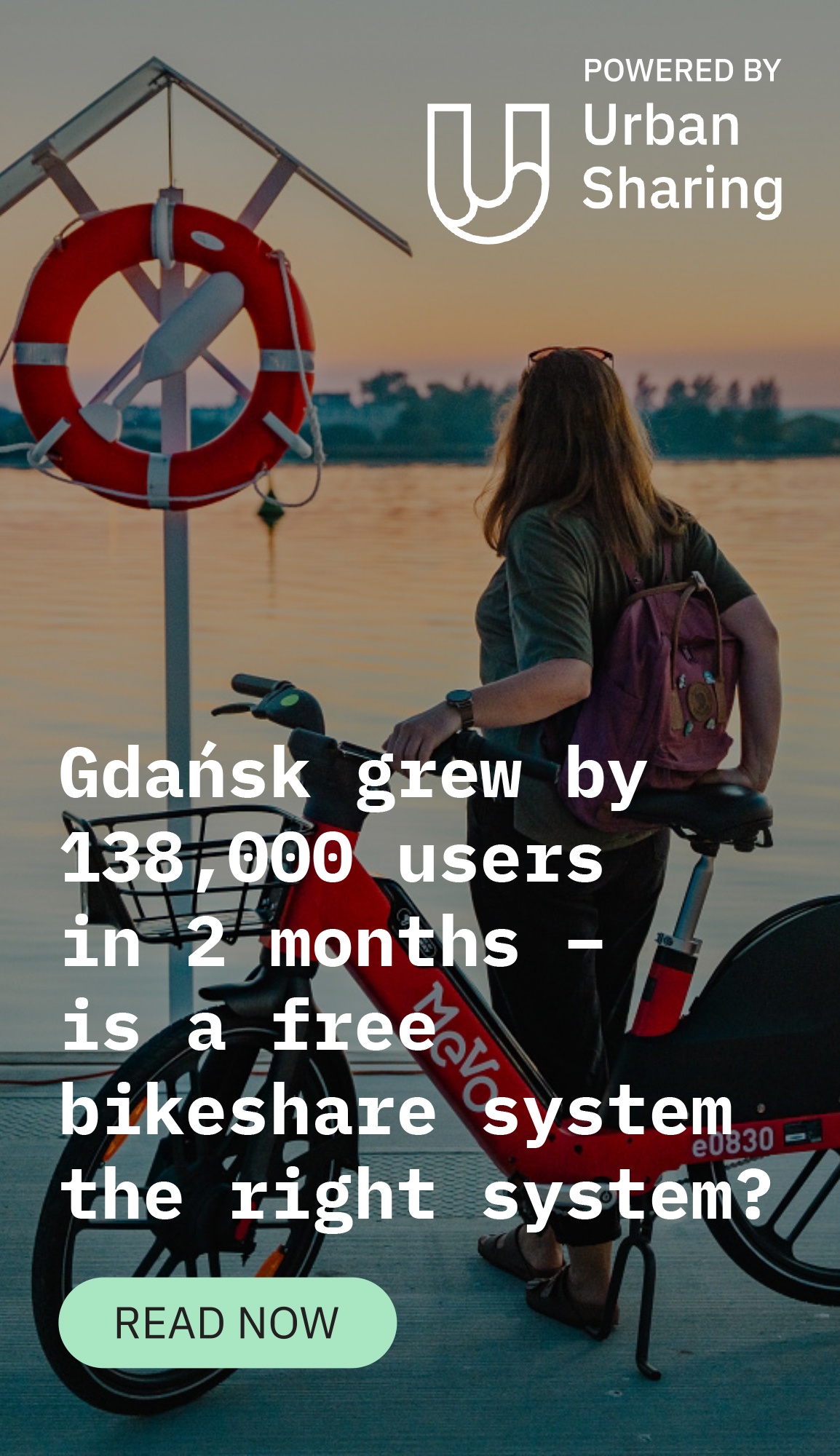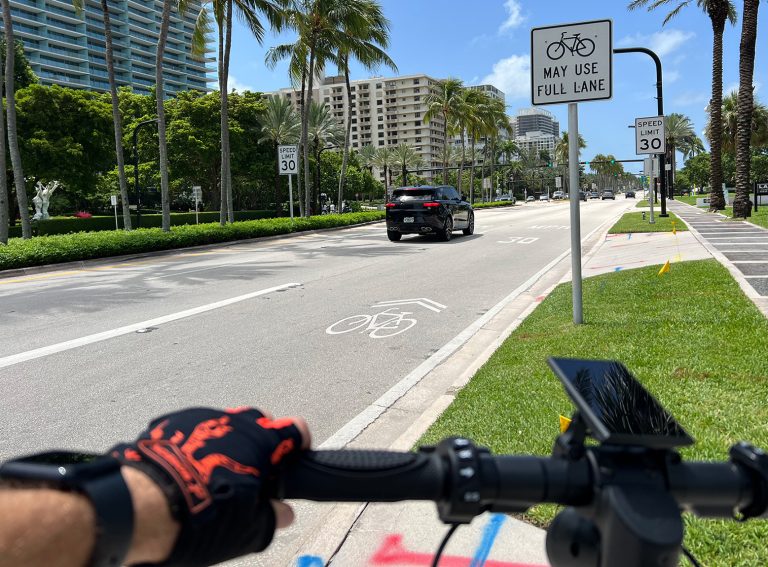Authors: Georgia Yexley, General Manager at TIER Mobility and James Scott, Director of Behaviour Change and Development at Cycling UK
Many people find January – and the return to their normal routine – difficult and struggle with motivation.
The feeling is so common that “January Blues” is a well-known phrase and there is even a whole day to exemplify this, Blue Monday, which sits on the third Monday of every January and is considered “the most depressing day of the year.”
While there is no scientific evidence behind Blue Monday and many have fairly stated that it is unhelpful to generalise an ordinary day, the occasion is useful in opening up a conversation about mental health – particularly as the world continues to grapple through the uncertainty of the pandemic, amongst the other trials and tribulations of life.
At both TIER and Cycling UK, the safety of riders is at the centre of everything we do. While it is their physical protection on the road that we, as a micromobility operator and charity, always champion – we also believe that our services, which encourage people to move around their cities in a more sustainable, joyful and accessible way, can support people’s mental health and wellbeing.
Despite often being associated with our e-scooter services, at TIER, e-bikes are increasingly core to the business, with our new mode already live in seven countries. Having recently acquired Europe’s top bikeshare player – nextbike – and using valuable insights from Cycling UK, who sit on TIER’s UK Safety Board, we launched our fleet of e-bikes in York in April last year, followed by their introduction to London in partnership with the Borough of Islington in November with further plans for significant expansion in 2022.
It is common knowledge that cycling, and getting outdoors, is beneficial for people’s mental health as it boosts our endorphins and can reduce feelings of stress or anxiety. For people with varying levels of mobility, e-bikes can be a gateway into traditional cycling, allowing people less confident about using a bicycle to access all the benefits to support their wellbeing.
It is not cheating to ride an e-bike. Instead, they are a fantastic tool to expand the accessibility of cycling to more people who would have perhaps otherwise used a car for all or part of a journey. In fact, data from TIER’s e-bike schemes in the UK has shown that 35 to 50 per cent of e-bike trips would have been made by a car if an e-bike had been unavailable. These are numbers that we hugely welcome at TIER, as not only does it show that our e-bikes are benefiting the environment by cutting congestion, but they are also encouraging a new cohort of riders who will all be experiencing the mental benefits generated from getting outdoors and being more active.
Through TIER’s experience across Europe, we know that infrastructure plays an important role in promoting e-bike and bike use, as cities equipped with safe cycle lanes encourage people towards more sustainable forms of transport. Amsterdam, for example, is one of the most bike-friendly cities in the world and in a ranking last year, was also rated the best city in the world for living a happy and healthy life. Of course, the city’s cycling lifestyle is not the exclusive factor behind this ranking but it was cited alongside ten other metrics – highlighting the power urban infrastructure can have on the physical and mental health of people.
It’s worth adding that such cycling infrastructure in cities does not just benefit the wellbeing of those who opt for two wheels, but rather the city and its population much more widely. In Paris, where TIER operates, there is an emphasis on the whole cycling ecosystem, prioritising education, safety and even employment, such as improving the working conditions of self-employed delivery drivers. In addition, research from Cycling UK found cycling infrastructure in cities is good for businesses – as they make high-streets and local shops more accessible and can increase retail sales by up to 30 per cent. Infrastructure also reduces congestion and therefore improves air quality and the safety of cities, and finally, appropriate infrastructure encourages varying forms of active travel such as cycling and walking – both boosting the physical and mental wellbeing of many.
That is why, after years of campaigning by Cycling UK, we welcome the Government’s changes to the Highway Code which will come into effect at the end of this month. The new changes include key protections for vulnerable road users, with cyclists having been identified as one of these groups. As such, it is also fantastic to see the Department for Transport investing £8 million into their e-cycle scheme, seeking to help more people try e-bikes and get moving outside. Not only will this reduce pollution but it will create a safer and more accessible space for users to take up cycling as a form of travel and leisure. The health and safety of our riders – both physical and mental – is our utmost priority and as TIER continues its journey in the UK, with Cycling UK’s support, we look forward to expanding our services across the country for people to enjoy all their benefits.
So let’s turn Blue Monday into Green Monday, and help more and more people to make the switch to greener, more active transport and boost our collective wellbeing.








